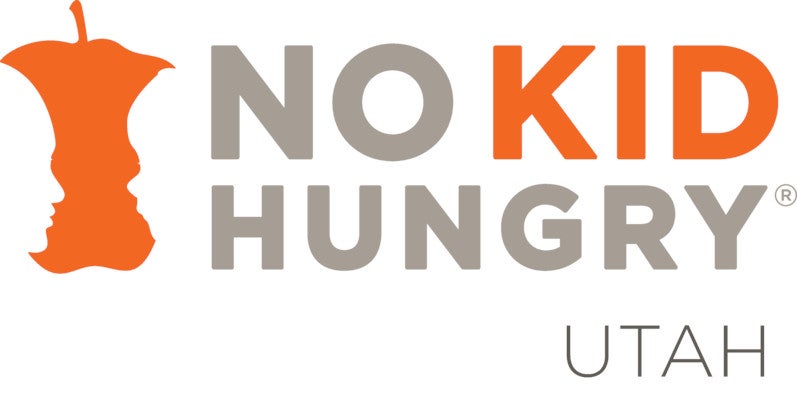An Analysis of the Hidden Toll Summer Hunger takes on America’s Children and Our Economy
Overview
A report from Deloitte Consulting, “Summer Nutrition Program Social Impact Analysis,” analyzes available research on the long-term impacts of childhood hunger during the summer months.
The study, conducted on behalf of No Kid Hungry (with support from the Arby’s Foundation) shows that providing children with access to nutritious food beyond the school year and into the summer months has clear health, education and economic benefits.
National summer nutrition programs increase food security and have a lasting impact on children’s lives. In the short-term, the programs can help mitigate summer weight gain, cognitive decline and summer learning loss for children from low-income families. In the longterm, they may help increase high school graduation rates and reduce susceptibility to chronic diseases, which are otherwise each accompanied by large potential costs to the children and their communities.
Findings
What could happen if all children receiving free or reduced-price school meals were able to access nutritious meals during the summer? Using existing research as a base, the study investigated the potential impact on American society and found:
- As many as 1 million fewer children would be food insecure.
- Potentially 22,800 fewer child hospitalizations, saving $274 million in associated costs annually.
- Potentially 81,600 more high school graduates each year.
- Summer nutrition is closely tied to summer learning loss. Stopping the “summer slide” among kids from low-income families could save up to $50.6 billion in reteaching costs, equal to approximately 10% of the current total U.S. spending on K-12 education.


